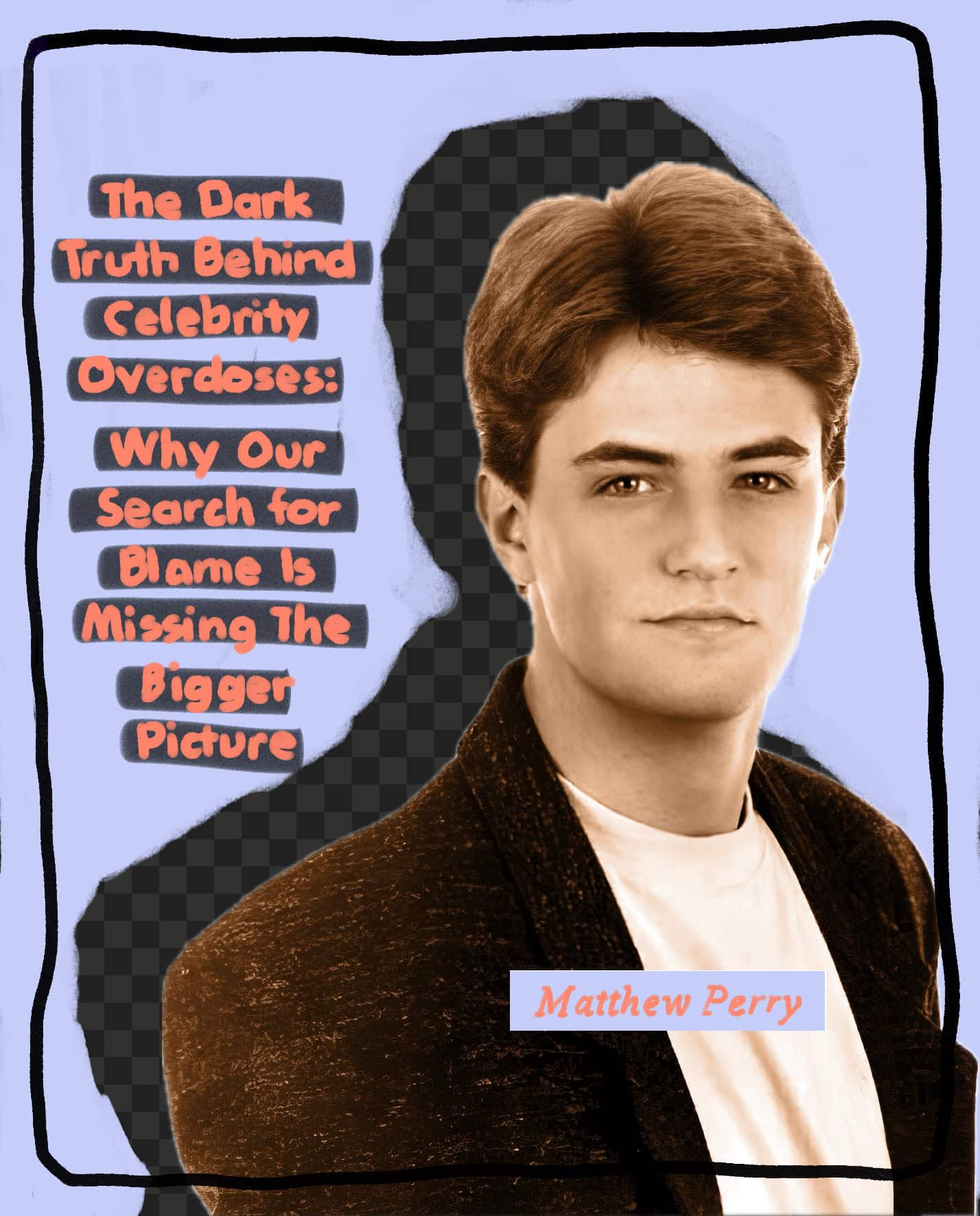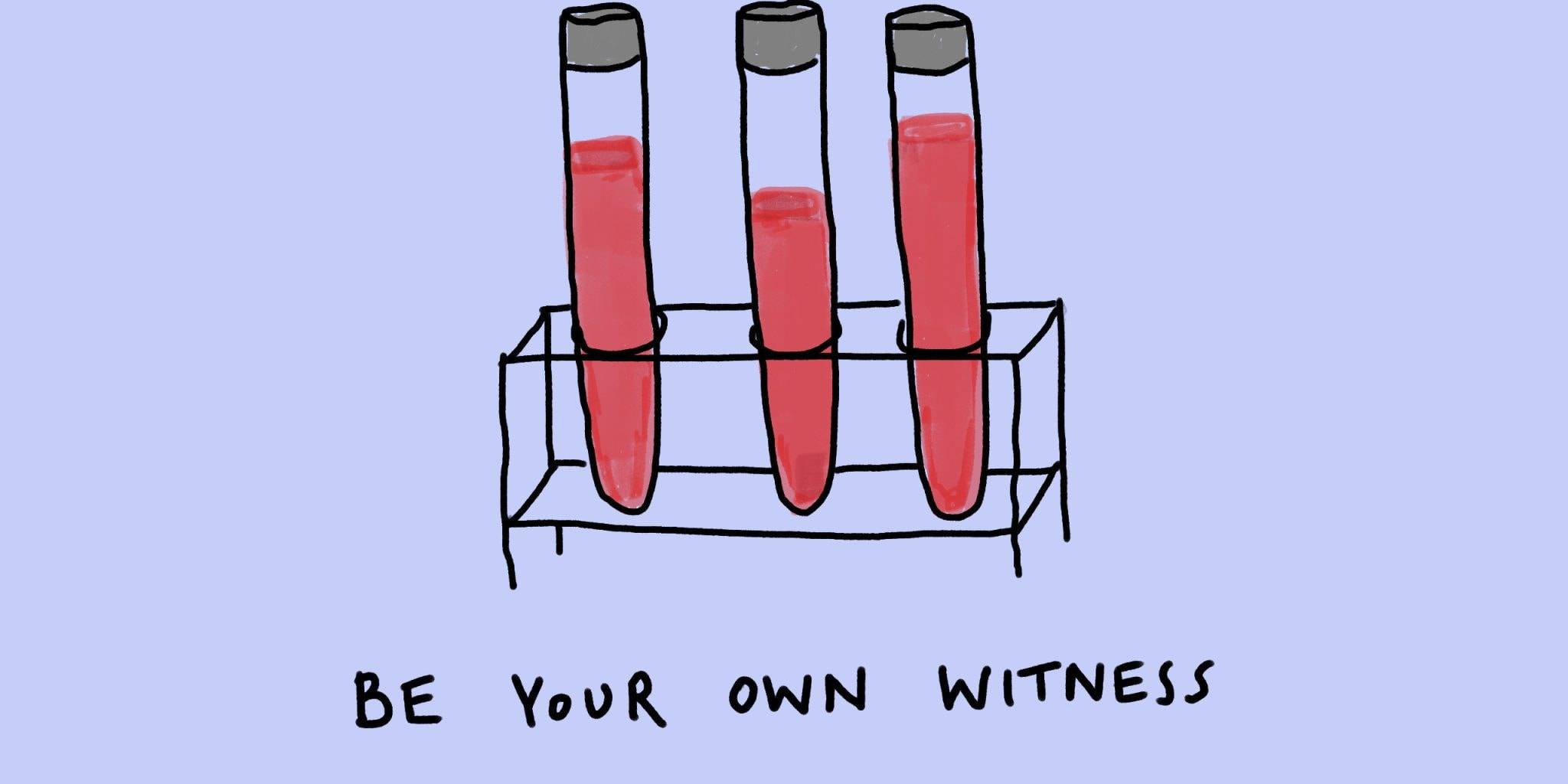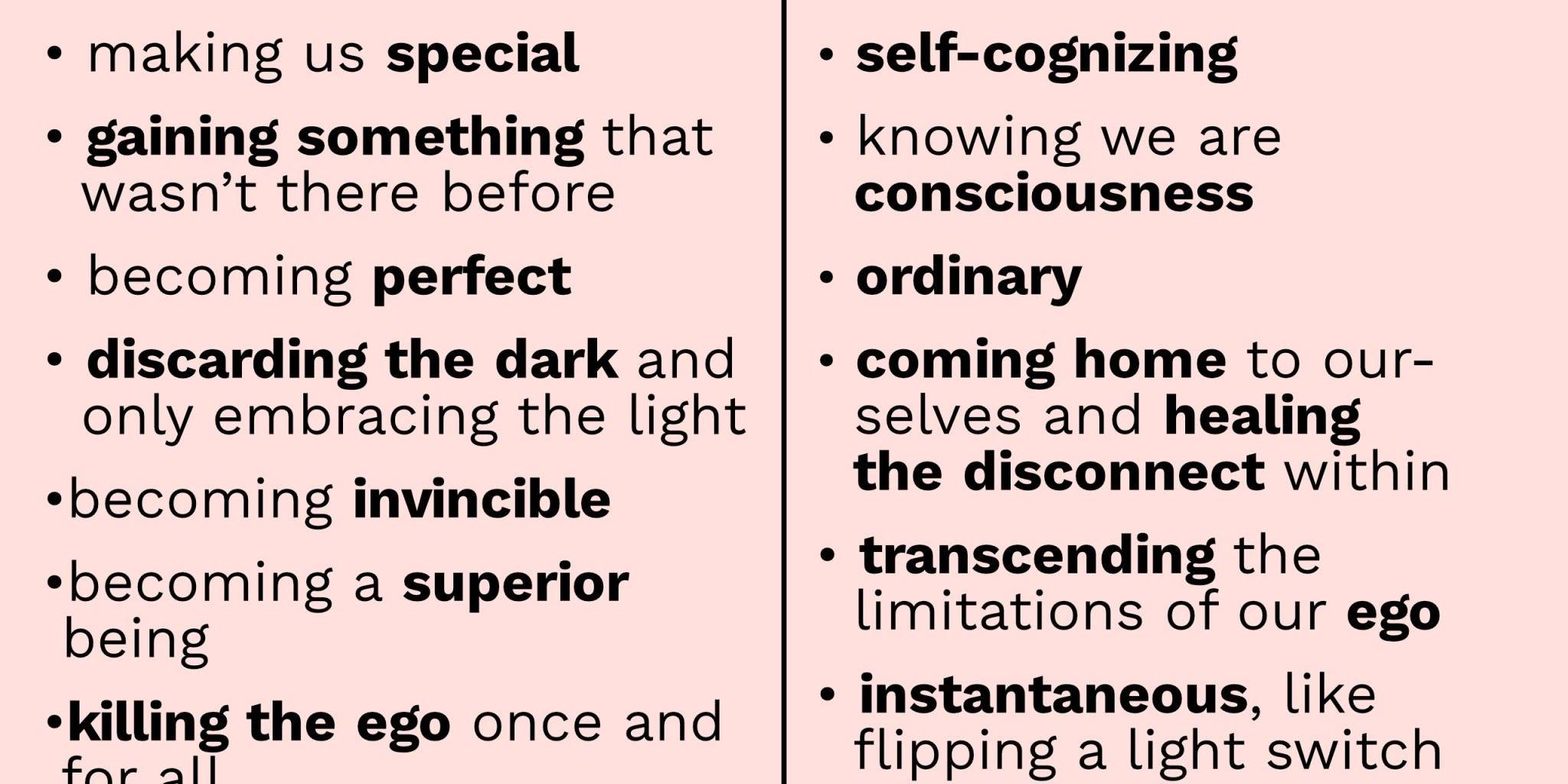The Dark Truth Behind Celebrity Overdoses: Why Our Search For Blame Is Missing The Bigger Picture
The truth is that the seeds of addiction are sown long before substance abuse becomes evident.
Addiction is a devastating reality, and when loved ones like Matthew Perry’s stepfather, Keith Morrison, express a desire for justice after the actor’s tragic death, it’s an understandable response. The pain of loss is palpable, and seeking someone to blame seems like a natural step toward making sense of the tragedy.
But here’s the uncomfortable truth: Is this kind of “justice” truly serving to heal the wounds, or are we merely satisfying a need to find a culprit in a system that is fundamentally flawed?
We often focus on the individuals who are directly involved; and without a doubt, taking advantage of people battling addiction is unethical.
But why don’t we scrutinize the system that perpetuates addiction? The truth is that the seeds of addiction are sown long before substance abuse becomes evident. Addiction is not just a personal failing; it’s a coping mechanism for deep emotional pain, often rooted in childhood trauma, unmet emotional needs, or societal pressures. It’s easy to blame the drugs, the enablers, or even the addict themselves, but what about the system, the conditioning, the caregivers, teachers, and peers who shaped the environment that led to this pain? What about the societal structures that failed to offer real support and connection?
The real culprit isn't just the individual who provided the drugs or enabled the addiction - it’s the system that allowed the emotional wounds to fester in the first place.
Matthew Perry, like so many other celebrities – Whitney Houston, Robin Williams, Amy Winehouse, Prince, Michael Jackson, Elvis Presley, Kurt Cobain – achieved tremendous fame, wealth, and success. Yet these external markers of achievement didn’t fill the deeper void, the need for genuine connection and emotional safety. They stand as symbols of a society that equates success with happiness, a myth that is as dangerous as it is pervasive. We celebrate the myth of fame and fortune, yet we turn a blind eye to the emotional and psychological toll it takes.
In our pursuit of justice, we often miss the larger picture. The real culprit isn’t just the individual who provided the drugs or enabled the addiction – it’s the system that allowed the emotional wounds to fester in the first place. Until we begin addressing these systemic issues – by offering psychological support and mental health care for parents-to-be to heal transgenerational wounds and stop the perpetuation of such wounding, educating on mature parenting, rethinking the nuclear family as the core societal unit in favor of a community-based model, questioning societal norms about success, and nurturing genuine emotional safety from the very start of a child’s life – we will continue to see addiction as an individual failing rather than a societal one.
So, instead of simply asking for justice in the traditional sense, perhaps we should be asking the uncomfortable questions that need to be asked if we truly want to honor the lives lost and prevent similar losses in the future.
You may also like
The invisible wounds caused by emotional abuse
Having grown up in an abusive environment, I understand…
Do you really want to realize yourself?
Do you really want to realize yourself? Because there’s a…
Success, fame, wealth – Could it be that happiness is an individual matter?
We live in a society that values achievement and status,…





